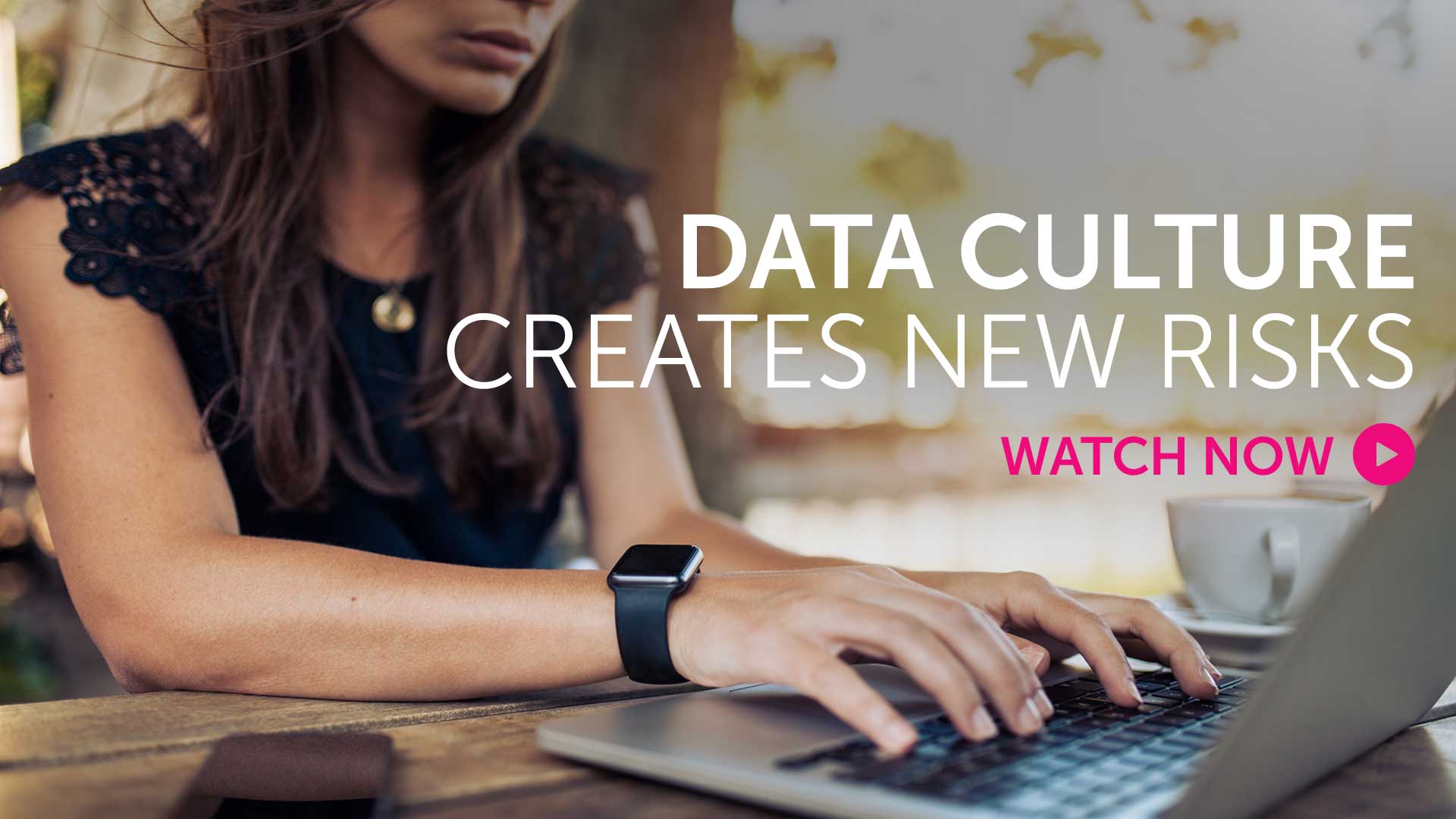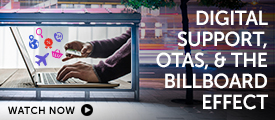Data has become a key tool that a hospitality business needs to perform at its best. Now businesses must recognise the importance of using the data they have in a responsibile way. A misuse of data could be a risk to a business and could destroy trust between it and its customers. The latest research by Accenture has found that 83% of executives agree trust is the cornerstone of the digital economy.
Four hospitality experts discuss how they work with data:
As these videos show, in hospitality data can help deliver better service, and help understand how products can be marketed. It is very beneficial to embrace this in your business and culture. Technology systems in the industry are getting better at gathering and uniting data. But there is still a way to go for optimum use.
New risks arising from data use should be present in the mind of any business that take data on. According to Accenture; ‘81 percent of executives agree that as the business value of data grows, the risks companies face from improper handling of data are growing exponentially.’ And ‘80% of executives report strong demand among knowledge workers for increased ethical controls for data.’ Risk can come out of using customer data in ways they did not agree to, or unethical use of insights taken from data.
A report form Sabre suggests that with all that data use requires continual refinement as more sophisticated computer programs are created to automate data analysis processes and more and more objects become able to capture data as the “Internet of things grows”. Sabre say that “we’re still several years away from having a robust understanding of how this degree of information will change how we conduct business.”
If you’ve been sent to this page and you’re not yet on the circulation list to receive these regular briefings and you would like to sign up, you can do see here. It’s free.
Video clips produced by ybc.tv for the Hospitality Channel, including interview from industry conferences such as the IHIF conference as well as specific Hospitality Channel shoots.


